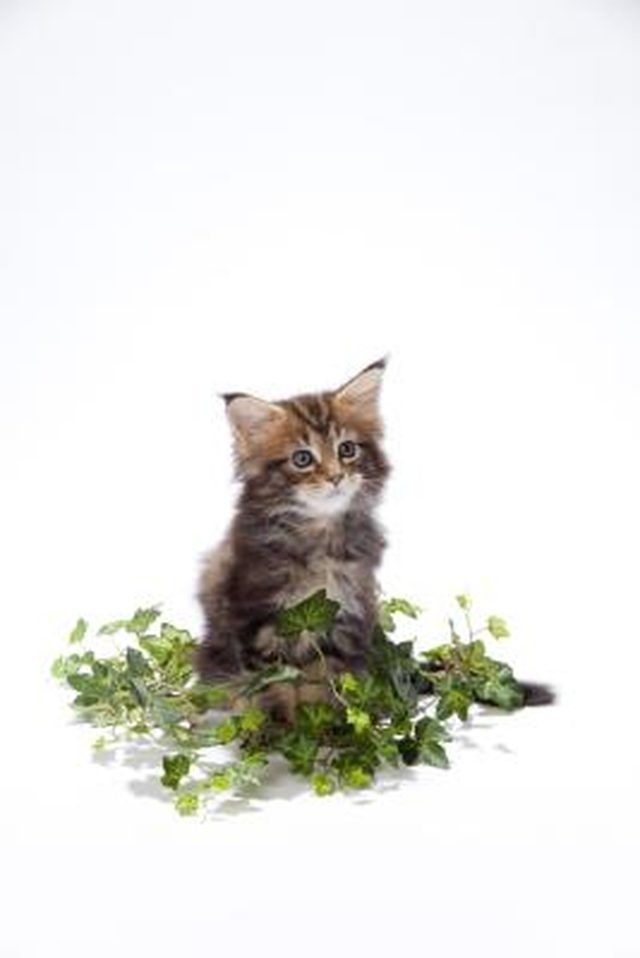Bulbs
Flower Basics
Flower Beds & Specialty Gardens
Flower Garden
Garden Furniture
Garden Gnomes
Garden Seeds
Garden Sheds
Garden Statues
Garden Tools & Supplies
Gardening Basics
Green & Organic
Groundcovers & Vines
Growing Annuals
Growing Basil
Growing Beans
Growing Berries
Growing Blueberries
Growing Cactus
Growing Corn
Growing Cotton
Growing Edibles
Growing Flowers
Growing Garlic
Growing Grapes
Growing Grass
Growing Herbs
Growing Jasmine
Growing Mint
Growing Mushrooms
Orchids
Growing Peanuts
Growing Perennials
Growing Plants
Growing Rosemary
Growing Roses
Growing Strawberries
Growing Sunflowers
Growing Thyme
Growing Tomatoes
Growing Tulips
Growing Vegetables
Herb Basics
Herb Garden
Indoor Growing
Landscaping Basics
Landscaping Patios
Landscaping Plants
Landscaping Shrubs
Landscaping Trees
Landscaping Walks & Pathways
Lawn Basics
Lawn Maintenance
Lawn Mowers
Lawn Ornaments
Lawn Planting
Lawn Tools
Outdoor Growing
Overall Landscape Planning
Pests, Weeds & Problems
Plant Basics
Rock Garden
Rose Garden
Shrubs
Soil
Specialty Gardens
Trees
Vegetable Garden
Yard Maintenance
Are Basil Plants Poisonous to Cats?
Are Basil Plants Poisonous to Cats?. Cats are curious by nature and are often tempted to nibble on plants in the garden or in the home. Cat owners must ensure the safety of their pets by eliminating access to poisonous plants. Basil plants are safe around animals because they are not toxic.

Cats are curious by nature and are often tempted to nibble on plants in the garden or in the home. Cat owners must ensure the safety of their pets by eliminating access to poisonous plants. Basil plants are safe around animals because they are not toxic.
Potential
Basil plants are identified by opposite leaves and stems that are square in shape. These plants range in size from 8 to 24 inches and are common houseplants. According to the ASPCA, the basil plant is not poisonous to cats if eaten in small doses.
Effects
Ingestion of any plant material can occasionally cause adverse reactions in cats. Cats may experience symptoms such as depression, diarrhea and vomiting but are generally mild in nature. Allergic reactions can occur with the ingestion of any type of plant.
Considerations
Cats who ingest the basil plant and experience ongoing or severe symptoms should be evaluated by a veterinarian. Taking a piece of the plant ingested is a good idea, so the veterinarian can properly identify it.